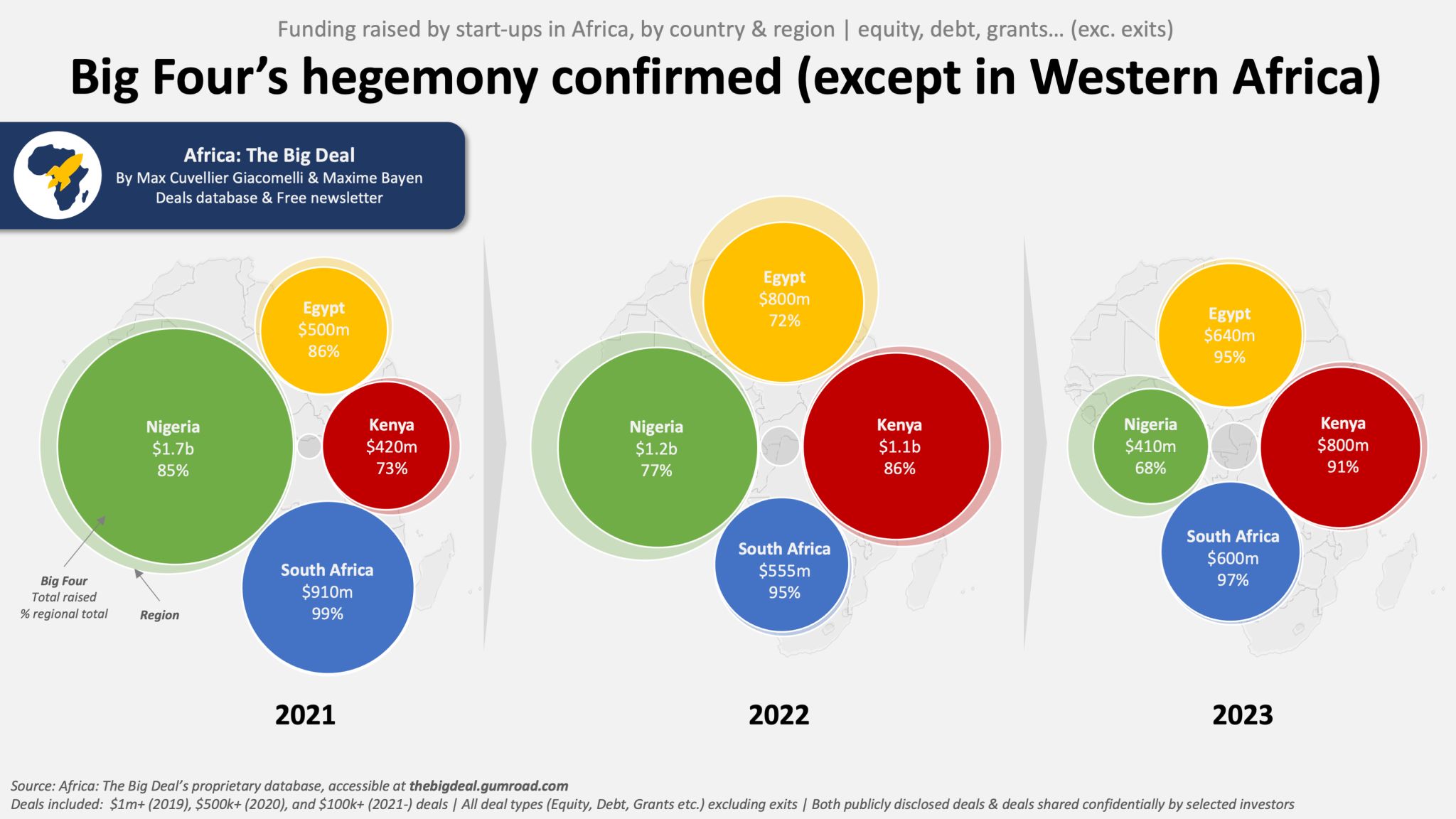You have gone to school and added a few degrees and all along, someone has been reminding you to set SMART goals. Without them, your life is as good as doomed.
Well, real estate mogul and TV personality Grant Cardone believes SMART goals are overrated … he actually says not only stupid(sic) but limiting.
According to the billionaire, it is a myth to think you will do better in your business if you set realistic goals. Grant Cardone net worth in 2023 is $600 million and is a key figure in Australian showbiz and real estate.
What are SMART goals?
If you are reading this, you probably know what SMART goals stand for:
⦁ S – Specific goals
⦁ M – Measurable
⦁ A – Attainable
⦁ R – Relevant
⦁ T – Time-bound.
Cardone claims defining yourself and what you can achieve within the confines of these five tenets is not the brightest idea.
“What’s attainable for you is completely a matter of belief,” he says.

The flamboyant Australian millionaire and owner of Cardone Capital claims to have a net worth of over $4 billion and doesn’t shy away from displays of opulence including his private jet.
He likens expert view and advice on SMART goals and business to any other advice of life and achievement. And says, “what the experts think for you is irrelevant,” clearly showing that ‘nobody can be an expert of your life.’
He gives an example of how a rehab counsellor told him he would be an addict forever, and Grant set out to prove them wrong. And yes, he did.
“I believe that settling for “realistic” goals is the real reason so many business owners don’t achieve their growth goals,” Mr Cardone says.
Reasons why Grant Cardone thinks SMART goals are Stupid
For a start, Grant Cardone, like most wealthy people, is a man who doesn’t shy away from controversial takes on the norm. He is also a best example of being shameless in your pursuits to achieve your goals.
To him, if you set small goals (which are realistic to you), you will achieve small results. And you will rarely surpass them because you already feel fulfilled.
He gives this example:
“Let’s say you own a catering company specializing in weddings and special events. You’re doing about five events per month. Most of your deals are in the $5,000 to $10,000 range, and you’re generating about $40,000 in revenue each month. It’s a nice little business, but you want more.
“You envision what you could scale to become. You imagine you could become the “go-to” special events caterer in your region. You’d have exclusive contracts with high-end wedding venues. You’d have destination wedding catering services. You’d have millions of followers on social media. You’d write your own cookbook series and even have a TV show on the Food Network.
That’s pretty exciting.
But then reality sets in. When you share your vision with a few people, they tell you to be realistic. They tell you to go slow. “You don’t want to grow too fast,” they warn. “You could get into trouble that way.”
So you lower your goals and think, “Okay, I’ll just aim to get one exclusive contract and increase the average event fee from $7,500 to $8,000. That sounds reasonable.”
But that is where Grant Cardone sees the problem, once you settle for the ‘reasonable’. And this, in a way impacts how you execute your plan:
1. You don’t get inspired to act on them right away.
2. You increase prices by five percent
3. You add a consulting fee to your packages to bump up your average event revenue.
At the end, you achieve your one goal and feel great … forgetting you could actually have achieved more – 10X!
What should you do then?
Cardone advices that business people should get used to setting extraordinary goals in the rank of his 10X matrix.
Because the bigger the goal, the more you will have to shift your mindset.
Aiming big gets you out of the comfort zone.
“You’d likely have to hire employees. You’d revamp your entire company and develop new products and services. You’d likely have some sleepless nights as you deal with vendor issues and financing. You’d probably get in over your head a time or two… but so what?”
The results will make you happy!
Do you agree?




